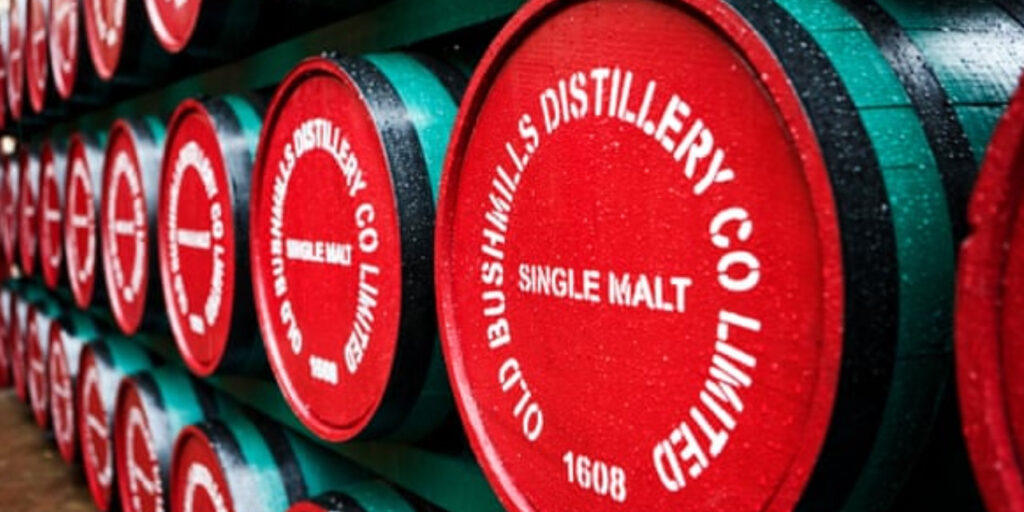Donald Trump’s tariff policy may jeopardise the EU-UK Brexit accord regarding Northern Ireland, a critical arrangement that upholds the 1998 peace agreement.
Trump has introduced a dual tariff system in Ireland, imposing a 20% duty on exports from the Republic, contrasted with a 10% rate for the UK, including Northern Ireland.
This move, intended to foster a “rebirth” in the US, has raised concerns from a former EU commissioner about its potential to disrupt the peace process facilitated by the US nearly three decades ago.
The disparity in tariff rates might benefit Northern Ireland in exporting goods like whisky and dairy, but could lead to political tension if the EU responds with equivalent tariffs on US goods.
Under the Windsor Framework, EU tariffs would be enforced in Northern Ireland, leading to different manufacturing costs compared to Great Britain for key US components.
Stephen Kelly, leader of Manufacturing NI, expressed concerns that without reciprocal actions from the UK, Northern Ireland businesses purchasing US materials would face higher costs than their counterparts in cities like Bolton.
Mairead McGuinness, a former Irish EU commissioner, remarked on the potential complications, stressing the need for careful consideration given the lack of foresight during the Windsor Framework discussions.
The US, historically a key mediator and co-guarantor of the Good Friday Agreement, had upheld its commitment to Irish peace under former presidents, including Joe Biden, who commemorated the agreement’s 25th anniversary in Belfast in 2023.
Kelly highlighted the complexity of supply chains and the reduced expertise in handling trade disputes post-Brexit, noting the absence of knowledgeable officials who had been stood down.
The differentiated tariffs on materials such as steel and aluminium further complicate and increase costs for Northern Irish businesses involved in sectors like aircraft wing and wind turbine blade production.
The pharmaceutical industry in the Republic shows some relief, yet the tariff uncertainty has led to a significant reduction in capital investment in the early part of the year, according to Michael Lohan, chief executive of the Industrial Development Agency.


